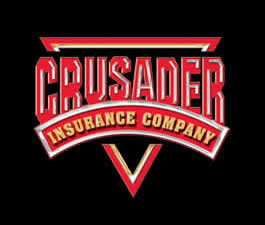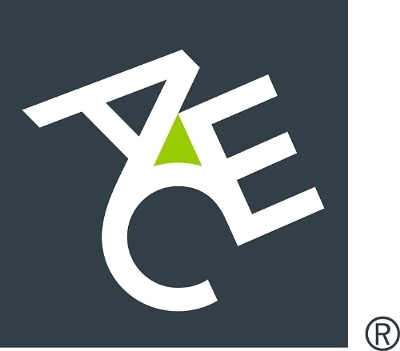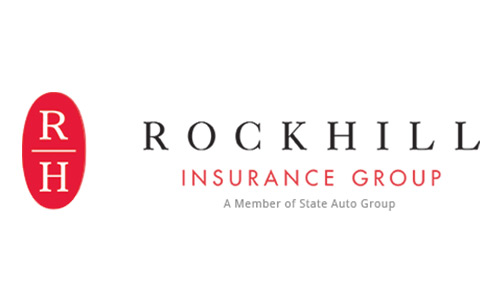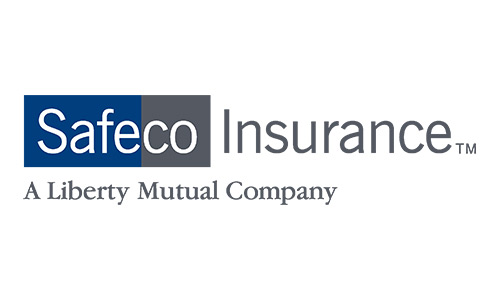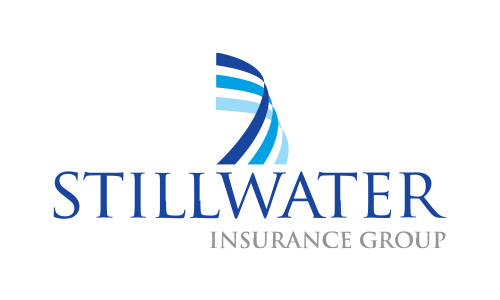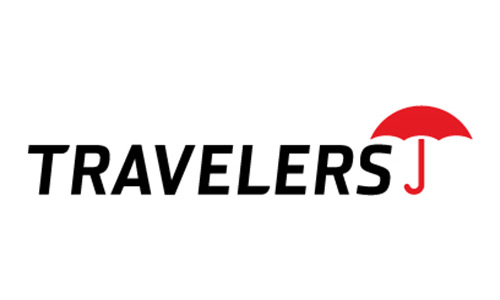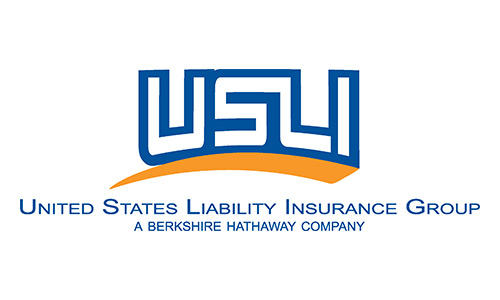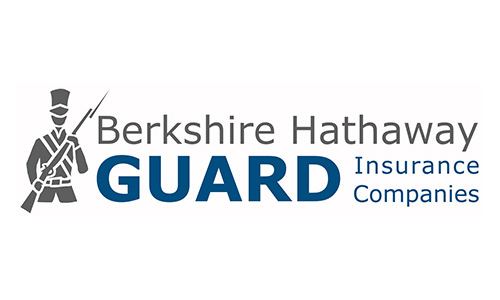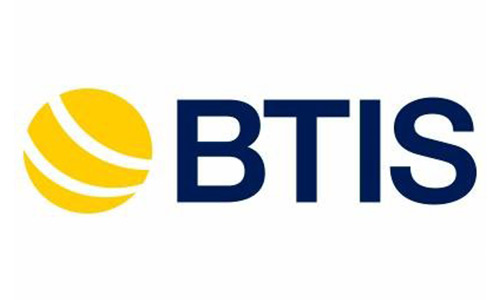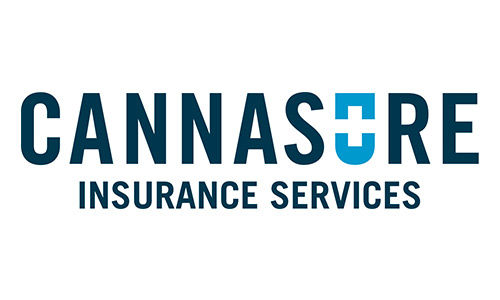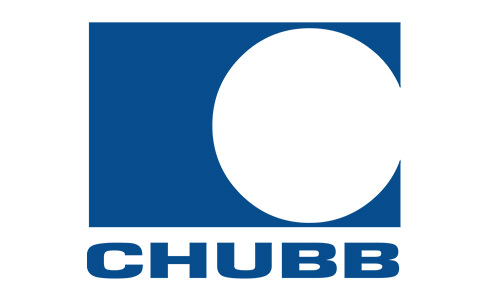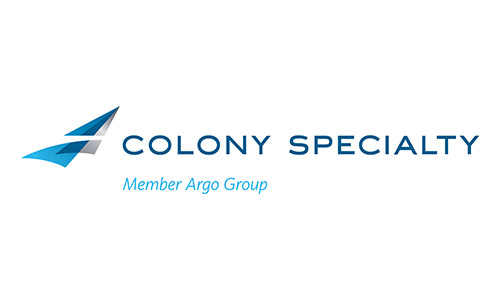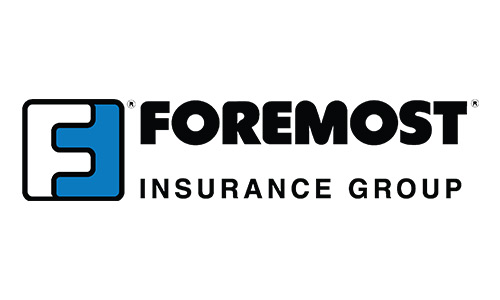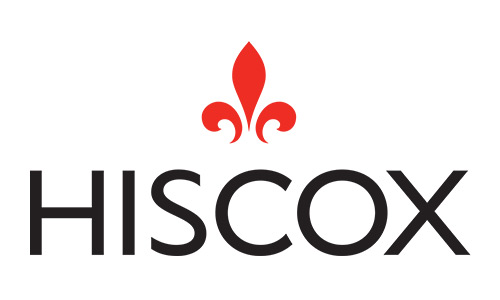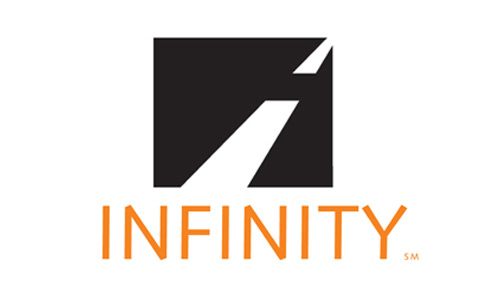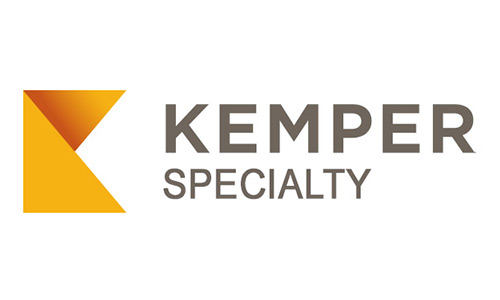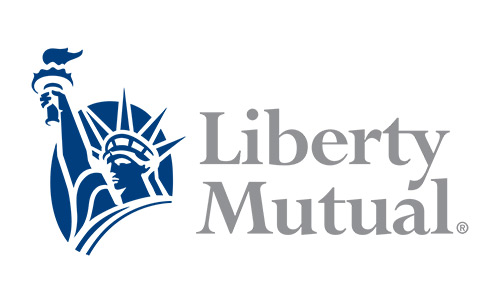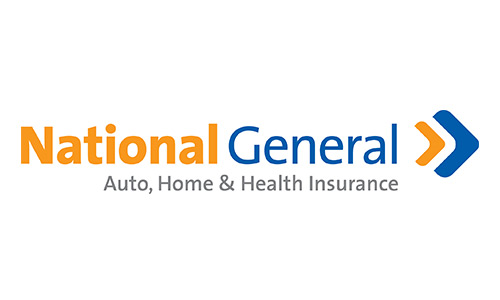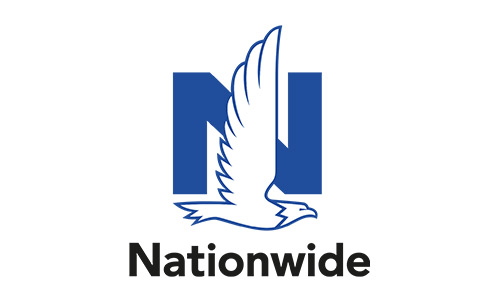General Liability
Whether you own a small mom and pop shop or you have a multi-million dollar corporation, we can help you get the right combination of liability protections in place to protect your business.
Fast Accurate Quotes
Call (888)498-4495 or click the link below.
Let’s start by helping you understand the various coverages and terms defined, often included in General Liability Insurance.
General Liability Intro
General Liability Insurance is designed to protect business owners and operators from damages or injuries to others who are generally not members of the insured business or organization. Exposures may include liability arising from accidents resulting from the insured’s premises or operations, products, operations completed, and contractual liability. General Liability insurance covers claims of bodily injury or other physical injury or property damage, personal injury (including slander or libel) and advertising injury.
The insurance company has the right to defend any suit against the insured seeking damages on account of such bodily injury or property damage, even if any of the allegations of suit are groundless, false or fraudulent, and to make such investigation and settlement of any claim or suit as it deems expedient. However, the company is not obligated to pay any claim or judgment or to defend any suit after applicable limit of the company’s liability has been exhausted by payments of judgments or settlements.
Occurance Coverage
The policy in force at/on the date of the event causing the loss provides the coverage. The amount of time passing between the loss event and the claim being brought does not matter.
Claims Made
The date you first become aware and notify the insurance company of a claim determines the policy which provides coverage.
Regardless of the date of the event causing the claim to be brought, the policy in effect on the date the claim is brought provides coverage.
General Aggregate
The general aggregate is the maximum amount for all loss payments that will be paid by your insurance policy during a specific time period.
You may have other aggregate limits within your policy. You may have an aggregate by type of coverage. You may have an aggregate per accident, per person, or per occurrence.
Products/Completed Operations
Products and completed operations insurance provides coverage for damages arising after a customer or user has product or is using your completed work.
Products coverage is generally for actual things – for example a car or a swing set. Completed operations coverage is for work done – for example a car repair or installing plumbing.
As you can see, often a task such as a plumbing repair will involve both a physical product – a new faucet – and a completed operation – actually installing the faucet correctly.
Personal Injury
Advertising Injury
Each Occurrence
Bodily Injury
Bodily Injury Liability (Bil)
Pays damages for which you are legally liable arising from injuries, death, or property damage of others. Included are expenses of lawsuits, court costs, and other costs.
Bodily injury coverage pays for damages caused to a third party.
Property Damage
Coverage in the event that the negligent acts or omissions of an insured result in damage or destruction to another’s property. Coverage can be purchased with bodily injury liability under various insurance policies. Pays damages for which you are legally liable arising from injuries, death, or property damage of others. Included are expenses of lawsuits, court costs, and other costs.
If you or another covered individual or entity is found to be at fault in an accident, the following is
covered under property damage coverage:
· Damage to another person’s property (e.g., fence, car, or home)
· Legal costs associated with a damage incident
Deductibles
Many insurance coverages are written with a deductible.
A deductible is the amount of loss the insured pays in a claim before the insurance company makes any payment. The purpose of a deductible is to discourage small claims that the insured can manage as a normal cost of doing business.
The larger the deductible an insured accepts, the lower the premium charge.
Fire Damage Limit - Damage to Rented Premises
Medical Expense Limit
Employee Benefits Liability
Premises/Operations
Claims Made Form Only
Basic Extended Reporting Period (Basic Tail)
This coverage is provided automatically without an additional premium charge if coverage is canceled, not renewed, or the insurer
renews with a later retroactive date. The basic extended reporting period starts at the end of the policy period and last for five
years for claims made against the insured within the five year period and reported to the insurer within 60 days after the end of
the policy period.
Supplemental Extended Reporting Period (Supplemental Tail)
The supplemental extended reporting period is available under the same circumstances as the basic one. However, it becomes
effective only if the named insured makes a written request within 60 days after termination of the policy period and the additional
premium is paid. The supplemental extended reporting begins when the basic one ends, and it continues forever. It cannot be
canceled by the insured or insurer. The supplemental tail endorsement would provide coverage for claims reported to the insurer
within sixty days after the end of the policy period but did not result in a claim being made against the insured until after the end
of the five year policy period.
Other types of occurrence or offenses that are unknown by the insured and therefore not reported within the sixty days after the
end of the policy period could also be covered by the supplemental tail. When the tail is purchased the policies general aggregate
limit and the products/completed operations aggregate limit is reinstated.
Retroactive Date
The retroactive date shown in the policy declarations is the same as the inception date, or the retroactive date can be a date
prior to the inception date. A policy can also be written with no retroactive date.


